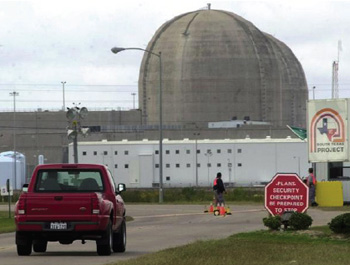According to Bloomberg, electricity producers such as NRG Energy Inc. and Southern Co. will benefit as the new house Republican majority promotes nuclear power as part of clean-energy legislation. They go on to point out that cap-and-trade was denounced in ads by candidates of both parties, and they expect a fight over plans by the Environmental Protection Agency to impose its own restrictions on carbon emissions.
They also anticipate that renewable-energy legislation next year would encourage construction of nuclear and “clean- coal” plants.
For those close to the Barnett Shale, House Republicans will probably resist efforts to limit hydraulic fracturing, a technique used in drilling for natural gas in which chemically treated water is pumped underground to loosen rock and let gas flow, and a process that has been of significant concern to Texans in the Dallas-Fort Worth air shed. The EPA is currently conducting a study of potential environmental impacts of the practice.
The Republican takeover of the House also puts Representative Doc Hastings of Washington state, an opponent of new restrictions on offshore oil and gas drilling, in line to take over the Natural Resources Committee. Hastings denounced a measure, that would have removed a $75 million cap on liability for leaks, and would bar BP (the company responsible for the Gulf of Mexico deep water oil spill off the coast of Louisiana) from new U.S. leases.
I’m sure you can see where this could be taking U.S. energy and environmental policy. If you are concerned, consider making a donation to Public Citizen as we head into a new political era.
Donate Now
###
By promoting cleaner energy, cleaner government, and cleaner air for all Texans, we hope to provide for a healthy place to live and prosper. We are Public Citizen Texas.









